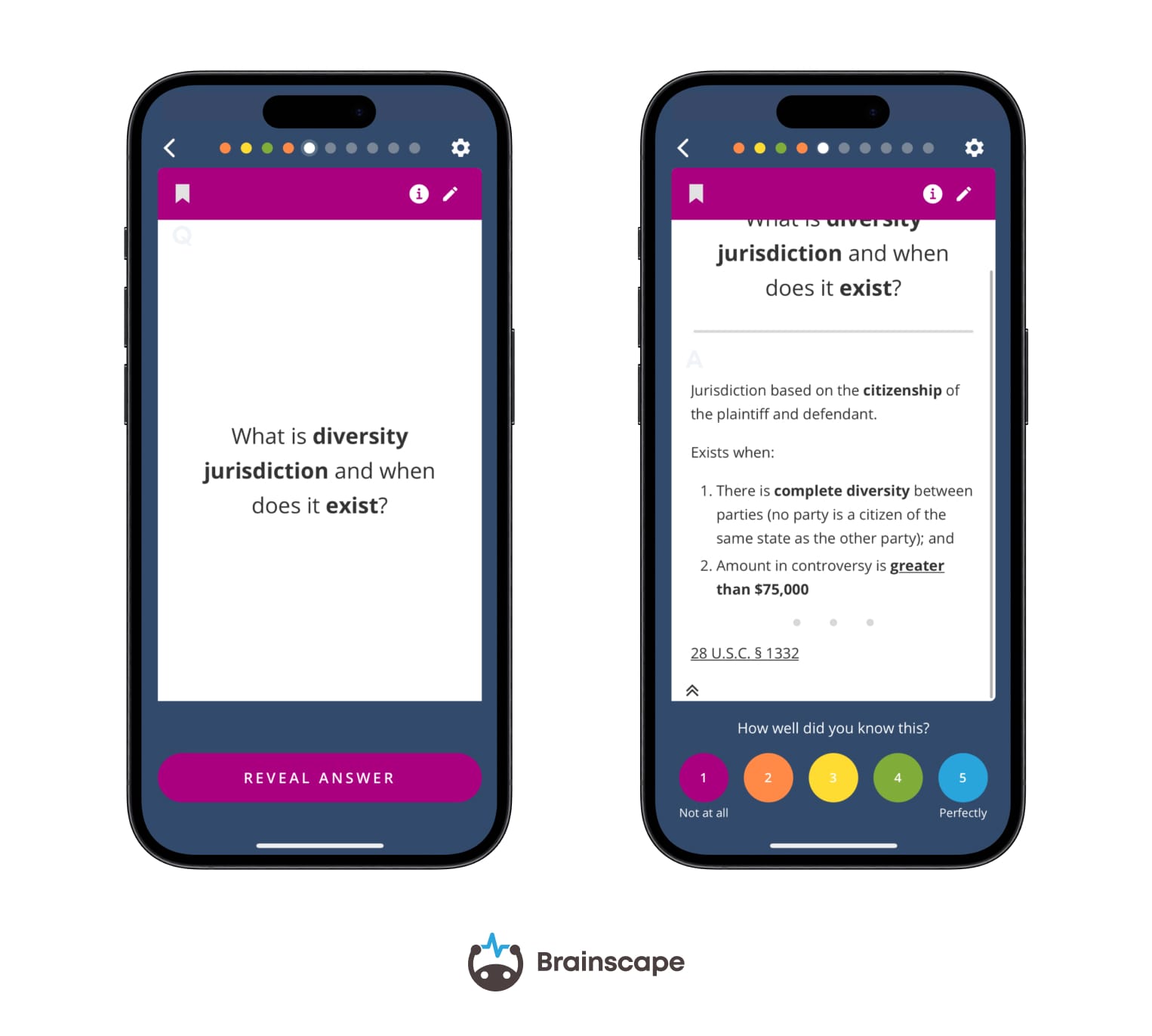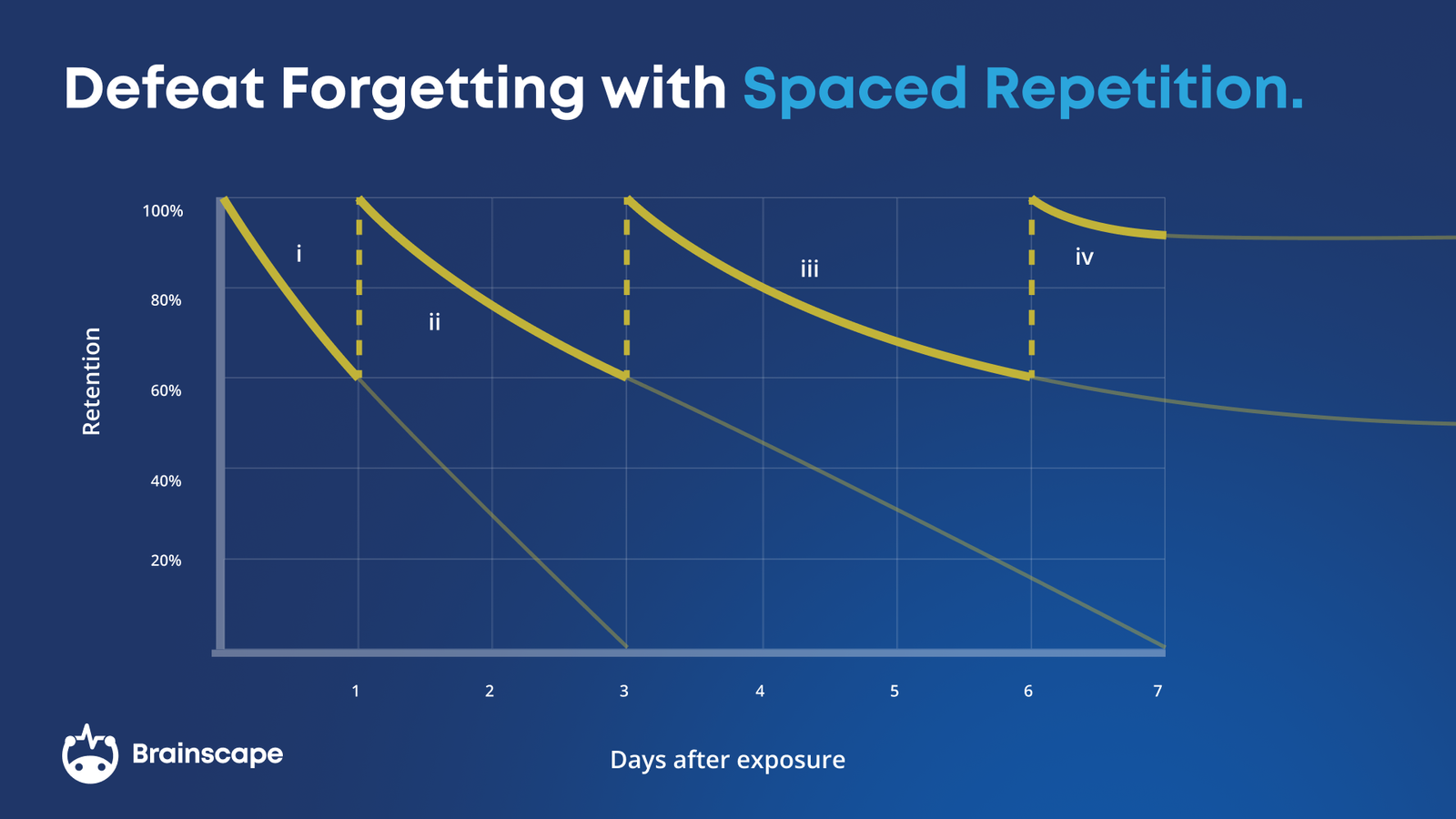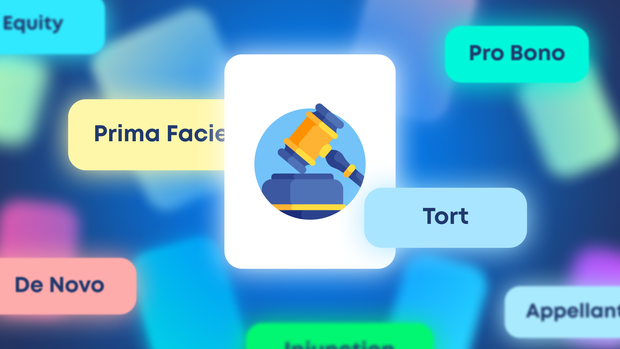Unless you were raised in a courtroom, legal jargon can sound like a whole new language.
Whether you’re preparing for law school, studying for the bar exam, or you just want to sound impressive at dinner parties (no judgment), learning legal terminology is a marathon. Instead of terrain, you’re wading through obscure Latin phrases and complicated words that make “supercalifragilisticexpialidocious” seem like a baby’s first words.
The good news? Flashcards are your secret weapon for mastering this new language. Yep, the same tool you used to memorize your high school vocabulary list can be your best friend in law school.
But this time, it’s serious business. So buckle up, and let’s dive into the ultimate step-by-step guide to learning legal terminology with flashcards.
Why Flashcards Work For Legal Terminology
Legal terms, much like your ex’s new relationship status, are something you can’t just glance at once and move on from. You need spaced repetition to really ingrain the facts efficiently, and that’s where flashcards shine.
First things first—why flashcards? They engage your brain in precisely the way it was designed to learn and retain new information. Through:
- Active recall: every flashcard question compels you to retrieve information from scratch/memory, which is proven to double your learning speed and increase test scores.
- Spaced repetition: By breaking the law down into its atomic legal terms, flashcards make it easy to repeat individual concepts according to how well you know them. When you apply a spaced repetition algorithm—like Anki or Brainscape—to digital flashcards, this repetition goes from inefficiently moving paper flashcards from one pile to the next to repeating exactly the concept you need to optimize your memory of it. (We'll talk a lot more about this in a bit.)
- Metacognition: Once you've answered a flashcard question, you're required to think about how well you knew it to decide which pile to put it in: the "easy" or the "hard" pile. (This "thinking about your thinking" is called metacognition.) In Brainscape's case, there are 5 piles or self-confidence rating "buckets" with 1 being "I didn't know this at all" to 5 being "I knew this perfectly". By choosing a number between 1 and 5, based on how well you know a concept, you instruct the spaced repetition algorithm how frequently to show you that card again, making studying legal terminology with flashcards ridiculously easy and efficient. Plus, discovering when you were wrong about how well you knew something is proven to deepen your memory trace!
So now that you know why digital flashcards are the best way to learn legal terminology, let's dive into how you can get started...
Step 1: Start With Your List of Legal Terms
Before you can conquer the legal world, you need to know which terms to focus on. It can be exhausting to work out which words you actually need. You don’t want to waste time memorizing obscure terms that no one’s used since the 1800s. But I'm guessing that if you're reading this, you're in law school—or about to start—so it's time to build your list.
In class, write down any new terminology you come across and, afterward, make flashcards for them. Your law school/course textbooks and study guides will also probably contain a glossary of terms that you can transform into flashcards.
Here are a few basic legal terms to get you started:
- Habeas Corpus: A classic. Not just a term to show off, it literally means “you shall have the body.” It’s a legal action or writ that requires a person under arrest to be brought before a judge.
- Tort: Nope, it’s not a dessert. A tort is a wrongful act or infringement of a right leading to civil legal liability.
- Subpoena: You don’t want this in your inbox. It’s a writ ordering someone to attend court.
- Mens Rea: Latin for “guilty mind.” Yes, it’s shade. It refers to the mental state of intent to commit a crime.
Step 2: Make Your Legal Terminology Flashcards

The next step is to use your list to make your legal terminology flashcards. You have two choices: paper flashcards or digital ones. Here’s a quick breakdown of both:
- Physical Flashcards: There's something satisfying about writing things down. Grab some index cards and get creative. Write the term on one side and its definition (along with an example if you can) on the other. Keep it simple, but add any personal touches that might help you remember.
- Digital Flashcards: If you’re into saving trees (or you want to study much more efficiently anytime, anywhere without carrying a stack of cards), digital flashcards are the way to go. As I explained, digital flashcards allow you to study with spaced repetition, active recall, and metacognition, which facilitates much faster learning. Plus, apps like Brainscape and Quizlet adjust the timing of spaced repetition to your individual learning pattern, taking the guesswork out of what to study next, which boosts your study motivation and increases your mental energy available for learning.
For tips on making effective flashcards, check out this video:
Step 3: Add Examples And Context To Your Legal Terminology Flashcards
Memorizing legal terms without context is like learning song lyrics without knowing the melody—it’s so much harder (and not nearly as meaningful). When creating your flashcards, don’t stop at the definitions. Add real-life examples or even case studies that illustrate the term.
For example:
- Term: Res ipsa loquitur
- Definition: "The thing speaks for itself."
- Example: If a surgeon leaves their wristwatch inside a patient, you don’t need more evidence—the mistake speaks for itself.
This extra context will help solidify your understanding. Plus, it’s more fun to imagine yourself in a courtroom drama while studying.
Step 4: Use Spaced Repetition For Memorization

Okay, now we’re getting into the secret sauce of flashcards: spaced repetition.
Our brains gradually let go of information if we don’t see it again. Spaced repetition is the strategy of showing your brain information again at the right time to reinforce those neural pathways. It’s the process behind all long-term retention and human development.
This technique is designed to help you review information at strategically spaced intervals—right before you’re about to forget it. Flashcards are the perfect vehicle for spaced repetition because they (1) distill the content down into its atomic concepts, (2) are easy to sort into “piles” based on how well you know each concept, and (3) are easily repeatable.
Students who use spaced repetition are 19% more likely to pass the bar exam than other candidates. Flashcard apps like Brainscape and Remnote have built-in spaced repetition systems that are powered by cognitive science (saving you from manually sorting and shuffling paper flashcards… a total pain in the derrière). It delivers the concepts you’re most likely to forget while saving the easy ones for later.
Basically, it’s like having a personal study coach keeping track of what you need to review and when, for a fraction of the cost.
Step 5: Test Yourself And Don’t Be Afraid To Fail
Now comes the tough love. Testing yourself on the terms you’ve been learning is crucial. Now that you have your legal terminology flashcards, take the time to go through the deck and quiz yourself on both sides of the cards.
And don’t worry if you mess up—that’s part of the process! Getting answers wrong early on helps you remember them better in the long run. It’s all a part of building that iron-clad memory for your law school exams (and eventually, the bar exam). You’ll come back to those same terms through the power of spaced repetition until you’ve firmly established them in your memory.
As long as you’re challenging your brain to actively recall information instead of passively reading over notes, you’re doing the right thing.
Step 6: Regular Review Is Essential
The last step to mastering legal terminology with flashcards is consistency. Make reviewing a daily habit—even if it’s just for 10 minutes. This way, you’ll avoid the dreaded cram session and ensure that the information is solidly locked in your brain for exams and beyond.
Use your downtime—commuting, waiting in line, or even during your lunch break—to sneak in a quick review session. With mobile-friendly digital flashcard apps like Mochi or Brainscape, you can access your flashcards anytime, anywhere—even offline if you download them beforehand—making it easy to keep the momentum going.
Legal Terminology With Flashcards: The Path To Success

Learning legal terminology doesn’t have to feel like a punishment from the academic gods. With digital flashcard apps like Brainscape, which have spaced repetition built in, you can turn your study sessions into efficient, powerful, and, dare we say, enjoyable experiences.
The path from knowing nothing to crushing your exams begins with a single flashcard.
Whether you’re going the old-school index card route or embracing the tech-powered wonders like Neuronation or Brainscape, flashcards are the ultimate tool for mastering legalese. So grab your phone, start flipping through those terms, and before you know it, you’ll be rattling off res judicata like it’s your second language.
Happy studying, and may the flashcards be ever in your favor!
Additional Reading
- How Hard Is The Bar Exam & How Can You Make It Easier?
- When should I start studying for the bar exam?
- The best bar exam apps for law students
References
Butterfield, B., & Metcalfe, J (2006). The correction of errors committed with high confidence. Metacognition and Learning, 1(1), 69-84.
Colbran, S., Gilding, A., & Colbran, S. (2014). The role of digital flashcards in legal education: theory and potential. European Journal of Law and Technology, 5(1).
Ebbinghaus, H. (1913). Memory: A contribution to experimental psychology. New York: Teachers College, Columbia University.
Job, V., Dweck, C. S., & Walton, G. M. (2010). Ego depletion—Is it all in your head? Implicit theories about willpower affect self-regulation. Psychological Science, 21(11), 1686-1693.
Karpicke, J. D. (2012). Retrieval-based learning: Active retrieval promotes meaningful learning. Current Directions in Psychological Science, 21(3), 157-163.
Orbell, S., & Verplanken, B. (2010). The automatic component of habit in health behavior: Habit as cue-contingent automaticity. Health Psychology, 29(4), 374.
Teninbaum, G. H. (2017). Spaced repetition: A method for learning more law in less time. Journal of High Technology Law, 17, 273.
Xu, J., Wu, A., Filip, C., Patel, Z., Bernstein, S. R., Tanveer, R., Syed, H., & Kotroczo, T. (2024). Active recall strategies associated with academic achievement in Young Adults: A systematic review. Journal of Affective Disorders, 354, 191–198. https://doi.org/10.1016/j.jad.2024.03.010
